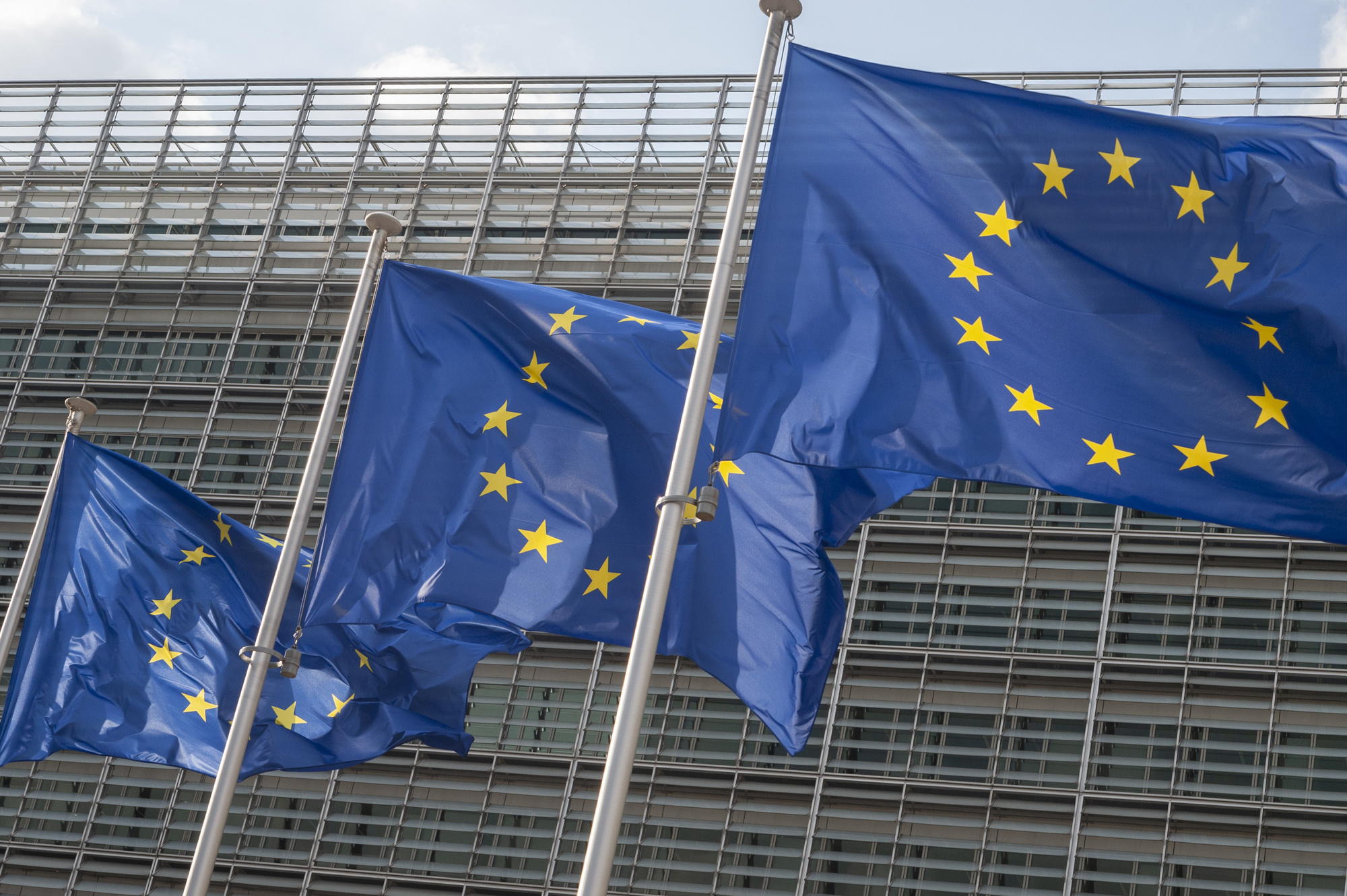In a press release published on 22 July, the Council of the European Union announced the renewal of economic sanctions against Russia for an additional six months, extending them until 31 January 2025. This decision comes in response to Russia's continued aggression in Ukraine.
These sanctions, initially introduced in 2014, were significantly expanded in February 2022 following Russia's full-scale invasion of Ukraine. The current sanctions package includes a wide range of sectoral measures, including restrictions on trade, finance, technology, and dual-use goods. It also targets industry, transport, and luxury goods sectors.
Key components of the sanctions include:
- A ban on the import or transfer of seaborne crude oil and certain petroleum products from Russia to the EU
- The removal of several Russian banks from the SWIFT system
- Suspension of broadcasting activities and licenses for Kremlin-backed disinformation outlets in the EU
- Measures to countersanctions circumvention
The Council emphasized that these sanctions will remain in force as long as Russia continues to violate international law through its actions in Ukraine. The EU has stated its readiness to impose additional measures if necessary.
Since the onset of Russia's full-scale invasion on 24 February 2022, the EU has adopted 14 packages of sanctions in response to Russia's invasion of Ukraine. These measures are part of a broader EU strategy, which includes restrictions on economic relations with illegally annexed territories and individual restrictive measures on a range of individuals and entities.
Last month, the EU Council extended the temporary protection directive for Ukrainian refugees, allowing them to continue legally residing in EU countries and accessing basic social services.
Related:
- Slovakia and Hungary say Ukraine suspended transit of oil from Lukoil
- Ukrainian PM Shmyhal: Ukraine will do everything possible to become EU member
- EU Council extends protection for Ukrainian refugees until 2026
- EU Council bans Russia’s RIA Novosti, Izvestia, Rossiyskaya Gazeta, and Medvedchuk’s Voice of Europe
- European nations unite to combat Russia’s sanction-evading oil fleet – Bloomberg
- EU extends Iran sanctions over Russia support





